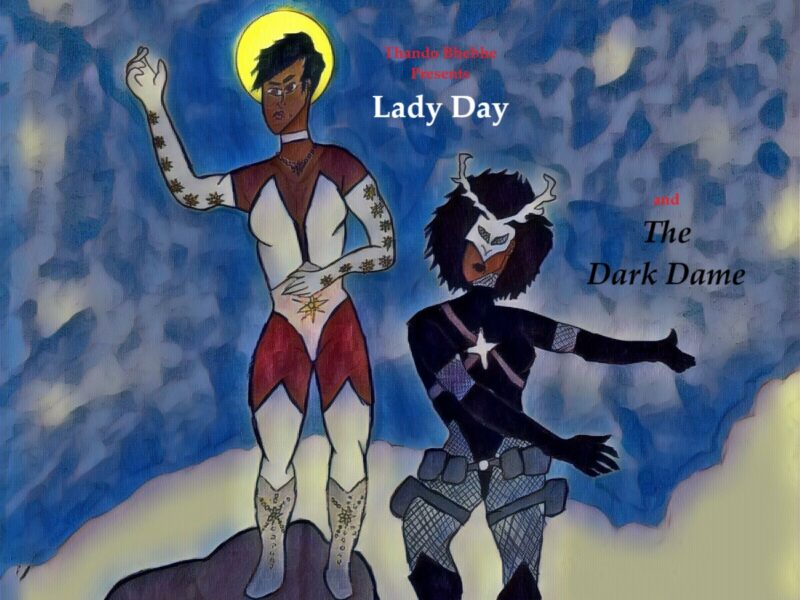– Kazeem Kuteyi, staff
The “disc jockey”, commonly referred to as DJ, is quickly entering a new era. People like David Guetta, Calvin Harris and Paul Oakenfold are changing the way society perceives the role of DJs today. They are now important to the promotion of club events since lately people will attend certain clubs only if a DJ they like is playing. They’re also now becoming pop superstars in their own right, and this evident with the recent appearance of David Guetta at the Grammy awards. The number one hit “We Found Love” by Rihanna was even produced by popular DJ, Calvin Harris. A recent report done in the New Musical Express (NME) online music magazine suggests that DJs are now turning into stars themselves. DJs like David Guetta can demand up to $160,000 an appearance while people like Tiësto can charge up to $390.000. Even though they’re charging this much for only two simple hours of turntablism, promoters are dependent on certain DJs to help sell out nightclubs and therefore are willing to meet their demands.
Can these so-called popstar DJs be classified as real DJs though? That’s almost like classifying Paris Hilton as a pop star just because she is rich enough to produce a few singles. Oje Izirein, a.k.a DJ Smash, is a Laurier Brantford student that also performs at Club NV on Thursdays and Saturdays. “I think a real DJ is a person who loves music, can play a wide variety of music and also knows his crowd,” Izirein says. “My boss at NV always tells me to play to the crowd and what they like.”
Tyson Kuteyi, prominent mixing engineer and producer in the Canadian music industry as well as a former DJ in the 90s, offers his own insight, “A real DJ is anyone who plays records for a crowd. A great DJ is someone who can rock a party and motivate the crowd to dance, bob their heads and lose their minds,” Kuteyi explains.
The way DJs play their sets today are much different from the past, stirring up controversy as to whether or not these new technologies- such as virtual turntables used on laptops- degrade the integrity of their skill. “I think these new technologies actually make DJs lazy. Anybody can put a playlist on their virtual DJ program and play music,” says Izirein. “I think this makes them utterly boring and stagnant, rather than actually being creative and doing some crazy scratches.”
Kuteyi has a different opinion on this issue, surprising considering the fact that he comes from an era where DJs used crates of records and turntables. “I think the technology is amazing and wish it existed when I was still playing parties, clubs and radio. Now there are many more tools for DJs to be creative and innovative during their sets,” Kuteyi says. “Now one dude can do the whole set with a laptop and an iPod or iPad. That’s insane!”
Now DJs are also faced with the double role of promoting the actual event they are playing. Ean Golden, writer for djtechtools.com, suggests that to make it big as a DJ one has to be able to create their own music, meet with promoters, and actually help promote the club event to bring in more people. Izirein currently plays this double role for Club NV by promoting upcoming events to students and Brantford residents, making mixed CDs and most importantly, making sure he pumps out the hits every Thursday and Saturday night.
As for the question of which DJ style is better, old-school deejaying or new-school technology- aided deejaying, the argument is still up for debate.
“I think DJs this era have it easy because the don’t have to carry crates of vinyl and turntables to gigs anymore,” Kuteyi laughs. “There are a lot more people calling themselves DJs so now the competition is far more prevalent, making it harder for a great DJ to rise above the sea of people calling themselves ‘DJs’.”



